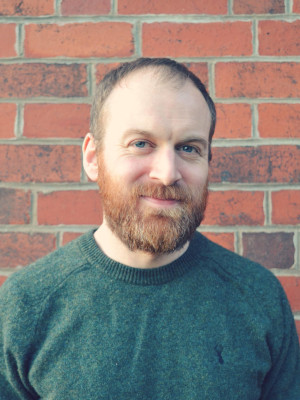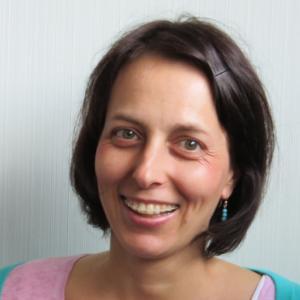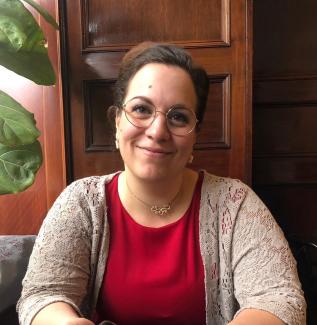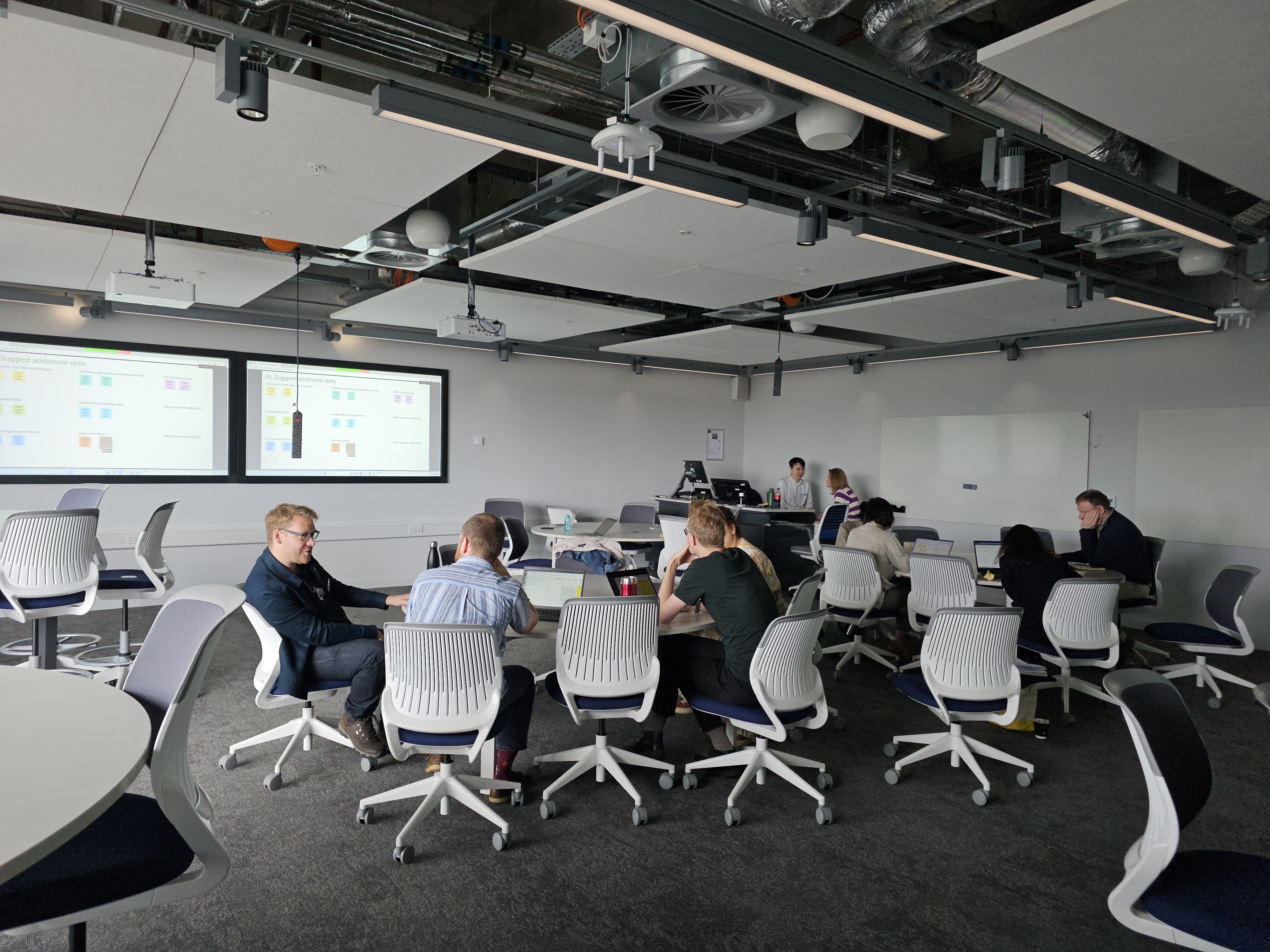This blog post describes the motivation and learnings from a workshop organised by Phil Reed as part of his SSI Fellowship 2025. It describes challenges facing those working in digital research technical professional roles and a community-driven resource which is being built to address them. It considers the specific challenges that affect digital humanities research and the workshop that was designed and delivered for a UK-Ireland conference in June 2025.
Digital Research Technical Professionals (RTPs) are essential to advancing research in the digital humanities. This diverse group includes Research Software Engineers (RSEs), Data Scientists, Digital Archivists, and other experts who provide crucial support across the research lifecycle. These emerging roles drive the development of digital tools, infrastructure, and data that underpin academic research, particularly within the Arts, Humanities, and cultural heritage sectors.
As digital research becomes more integrated into these fields, the role of RTPs has become increasingly vital, facilitating collaboration and innovation. However, the growing demand for RTPs has highlighted the need for clearer definitions of the skills required and pathways for professional development. To address this gap, a new ‘DIRECT Framework’ is proposed – a community-driven resource designed to define, visualise and track the progression of essential skills. The Toolkit will offer a structured collection of skill sets and levels, accompanied by a range of visualisations. It will provide immediate value to individuals, allowing them to periodically assess their skills (individually or with a manager) and identify opportunities for progression, with five levels largely mapped to Bloom’s taxonomy [1]. Managers will benefit from a clear view of their team's current and projected skill status, aiding in task allocation. The Toolkit will cover both technical and non-technical skills, including time management and interpersonal skills. While the Toolkit’s initial focus has been on RSEs, professionals in the Digital Humanities face similar challenges in identifying and articulating the multidisciplinary skills they possess. Additionally, many academics in these fields perform work that aligns with RSE and RTP roles, even if they don’t hold these titles, and would benefit from exposure to this skills framework.
An interactive workshop aimed to extend the Toolkit to better capture the evolving expertise of RTPs in the Digital Humanities, including roles such as Digital Humanities Developers, Data Archivists, and Research Infrastructure Engineers. We are creating a more inclusive and comprehensive resource that provides career pathways and skills development for individuals, teams, and organisations, ensuring that Digital Humanities professionals have the tools and recognition they need to thrive.
Various initiatives have tried so far to map community needs, such as the RSE AH iDAH task force [2], the RSE AH community interest group of the DH UK IR Association, and the recent Roadmap work around a National Research Software Engineering Capability in Arts and Humanities Research as part of the Data/Culture project at the Alan Turing Institute. In addition, collaborative summer schools and training initiatives have been organised over the last years to “assess by practice” the necessary skills and knowledge for an RSE in Arts and Humanities and the paths to undertake such a role. We think it's time for the DIRECT Framework to assess and give a Digital Humanities voice for RTPs, and our workshop was the first step towards this goal.
DIRECT Framework meets DH: Outputs from the collaboration
Work has begun to populate the skills and requirements in the DIRECT Framework and develop the platform and interface. So far, most engagement has been with STEM (science, technology, engineering, and medicine) research software engineers. Phil Reed (corresponding author of this blog post) has received a Fellowship with the Software Sustainability Institute (SSI) to take the DIRECT Framework to galleries, libraries, archives, and museums (GLAM) communities and Digital Humanities researcher networks through workshops and conferences. We delivered a workshop at the UK-Ireland Digital Humanities Association (DHA) annual event, this year 16-18 June in Glasgow, Scotland.
The outputs from the workshop include:
- Recommendations for a schema of skills that considers the needs of digital humanities researchers and their career development opportunities.
- Further feedback on the Toolkit for the development team, considering the needs of digital humanities research and other areas.
- Continued discussions and collaborations between the DHA RSE community interest group and the RSE Society and community.
Format of the DHA workshop
One month before the workshop, we shared a short video introduction to the project, inviting delegates to look through the current schema of skills. People could share contributions with us in advance, even if they could not attend the workshop. We asked questions to help us preallocate participants to mixed groups, such as:
- How many years have you been in the role?
- What kind of digital skills/tools are you using in your work?
- Share with us any other relevant competency frameworks you know about.
Our 90-minute workshop was organised into three main parts.
First, attendees worked in pairs to perform some assessments and give feedback. They were able to study a subset of skills from the Framework and self-assess against, considering a recently completed research project they have been a part of. We applied the “Three Stars and a Wish” method to help complete this task and observe where they find gaps.
Second, we looked at a schema of skills, collecting suggestions from the DH audience and comparing them against the existing STEM-led schema collected from RSECon24.
Third, we planned to relate the Toolkit to existing alternative or complementary toolkits, asking participants to create an action plan relevant to their home institution or domain. There was no time to complete this section due to a delayed start of the session.
Our audience included researchers, research technical professionals, trainers, and funders. It was a hybrid format, with participants in the room and on Zoom. We chose Miro as the digital engagement tool for the workshop. It provides a good balance of features for presenting and collecting content; we could share our screen with people in person and online, while participants could also progress individually at their own pace on their devices. The educational offer from Miro allows anyone with a university or college email address to set up a board with my preferred sharing permissions, so that participants can contribute without having to register for a Miro account first, thus removing a barrier to engagement. Our Miro board remains open for all to view.
Next steps
We confirmed that there is an appetite for career progression support tools for research technical professionals in the digital humanities, and that there are particular considerations which will inform the development of the DIRECT Framework. The outputs of the workshop have been shared with the Toolkit team to update the schema of skills accordingly. The team are meeting with other interested groups in the UK and internationally, where there is further interest and overlap. For Phil’s Fellowship, the next steps include participating in these and other efforts, considering the wider landscape of research software competency frameworks in Europe.
[1] Bloom, B. S.; Engelhart, M. D.; Furst, E. J.; Hill, W. H.; Krathwohl, D. R. (1956). Taxonomy of educational objectives: The classification of educational goals. Vol. Handbook I: Cognitive domain. New York: David McKay Company.
[2] iDAH Research Software Engineering (RSE) Steering Group. (2023). iDAH Research Software Engineering (RSE) Steering Group Working Paper (v.0.2). Zenodo. https://doi.org/10.5281/zenodo.8060003






